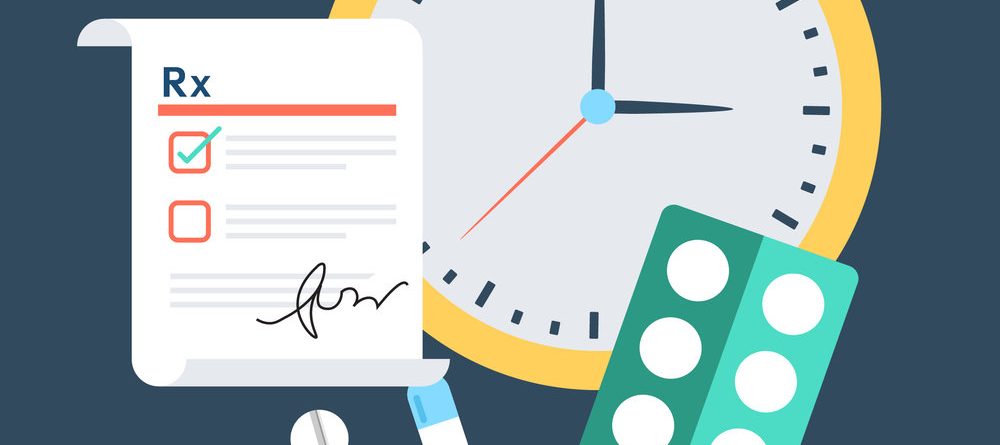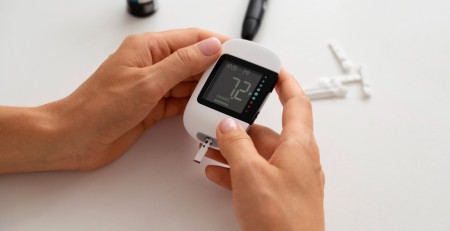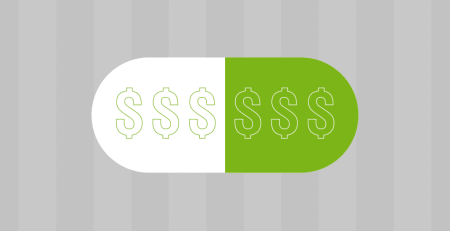Medication Reminders Improving Drug Adherence for older patients
Medication adherence refers to the extent to which a person’s medication-taking behavior corresponds with recommendations from a healthcare provider. The world Health Organization reports that adherence to medications averages 50% among patients with chronic diseases, although it can vary substantially by patient population, age and location.
As expected, non adherence to medications leads to significant detrimental clinical outcomes. Hospitalizations and death. Medication non adherence can arise from taking more or less of medication, dosing at the wrong times, discontinuing prematurely or not filling a prescription. It can be an intentional decision or passive unintentional process.
Intentional non adherence arises when a patient actively decides to not adhere to medication regimen. Commonly cited reasons include adverse effects, lack of expected benefit or stigma, unresolved concerns about diagnosis, lack of symptoms or the time it takes to observe or experience an effect from medication.
Unintentional nonadherence results from factors such as forgetfulness. Elderly patients are particularly vulnerable to unintentional non-adherence resulting from physical and/or cognitive limitations in their capacity to manage medications, as well as poly pharmacy and complex medication regimens.
Given the impact of non adherence on hospitalization, morality and healthcare costs, extensive interest lies in developing technological solutions to address unintentional non-adherence, especially in older adults. Smart electronic medication reminders and AI monitoring using mobile devices serves as a convenient economic solution to improve drug non adherence in older patients.
Pharmacists are in enviable position of being able to identify patients who may be non-adherent to medications, guide the choice and use of appropriate adherence technology, guide the choice and use of appropriate adherence technology, and provide real-time monitoring of adherence. Once unintentional non adherence has been detected in an older adult, pharmacist can be an excellent resource for patients and their care-giver.










